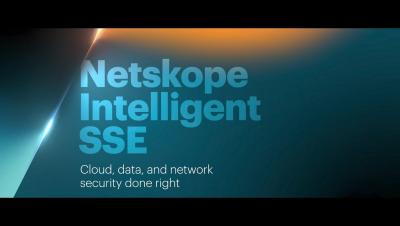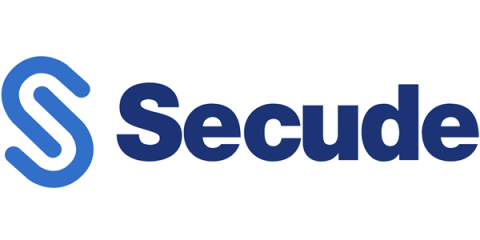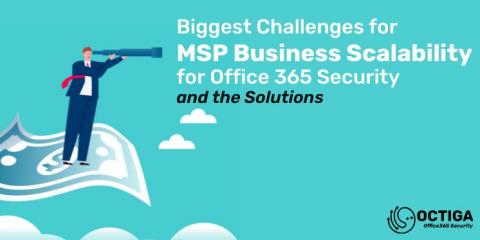Calico Cloud: Active build and runtime security for cloud-native applications
Calico Cloud has just celebrated its 1-year anniversary! And what better way to celebrate than to launch new features and capabilities that help users address their most urgent cloud security needs. Over the past year, the Tigera team has seen rapid adoption of Calico Cloud for security and observability of cloud-native applications.











